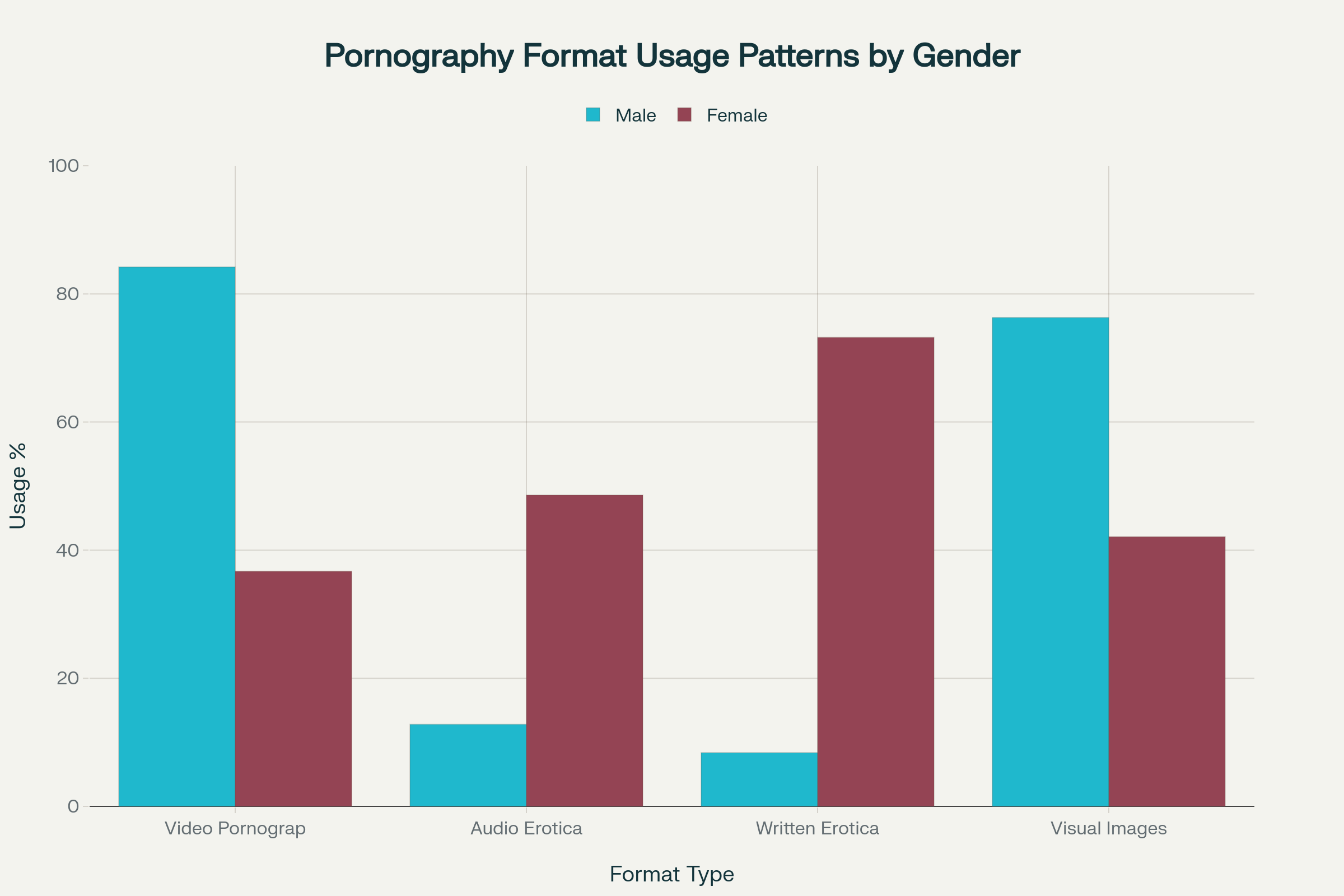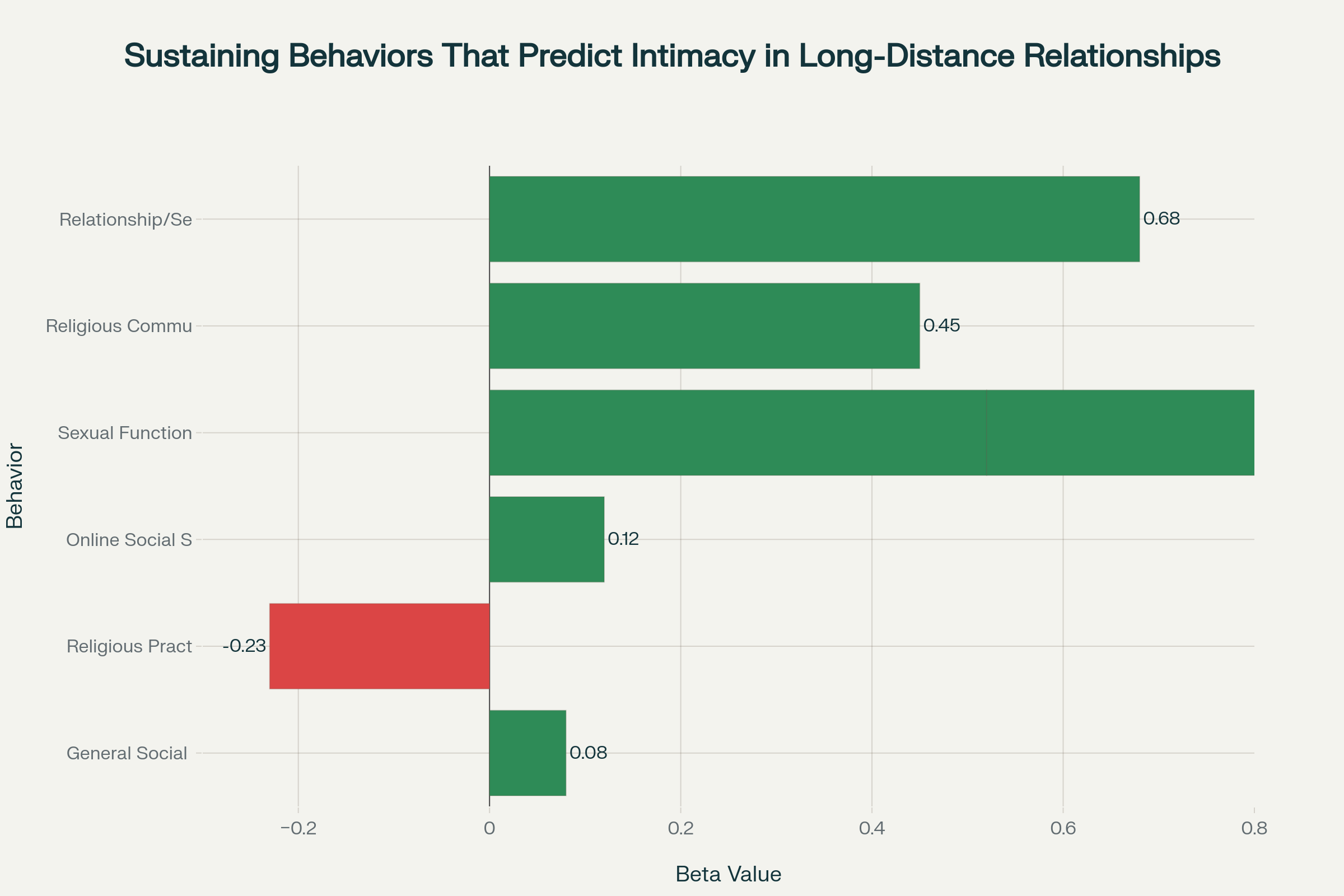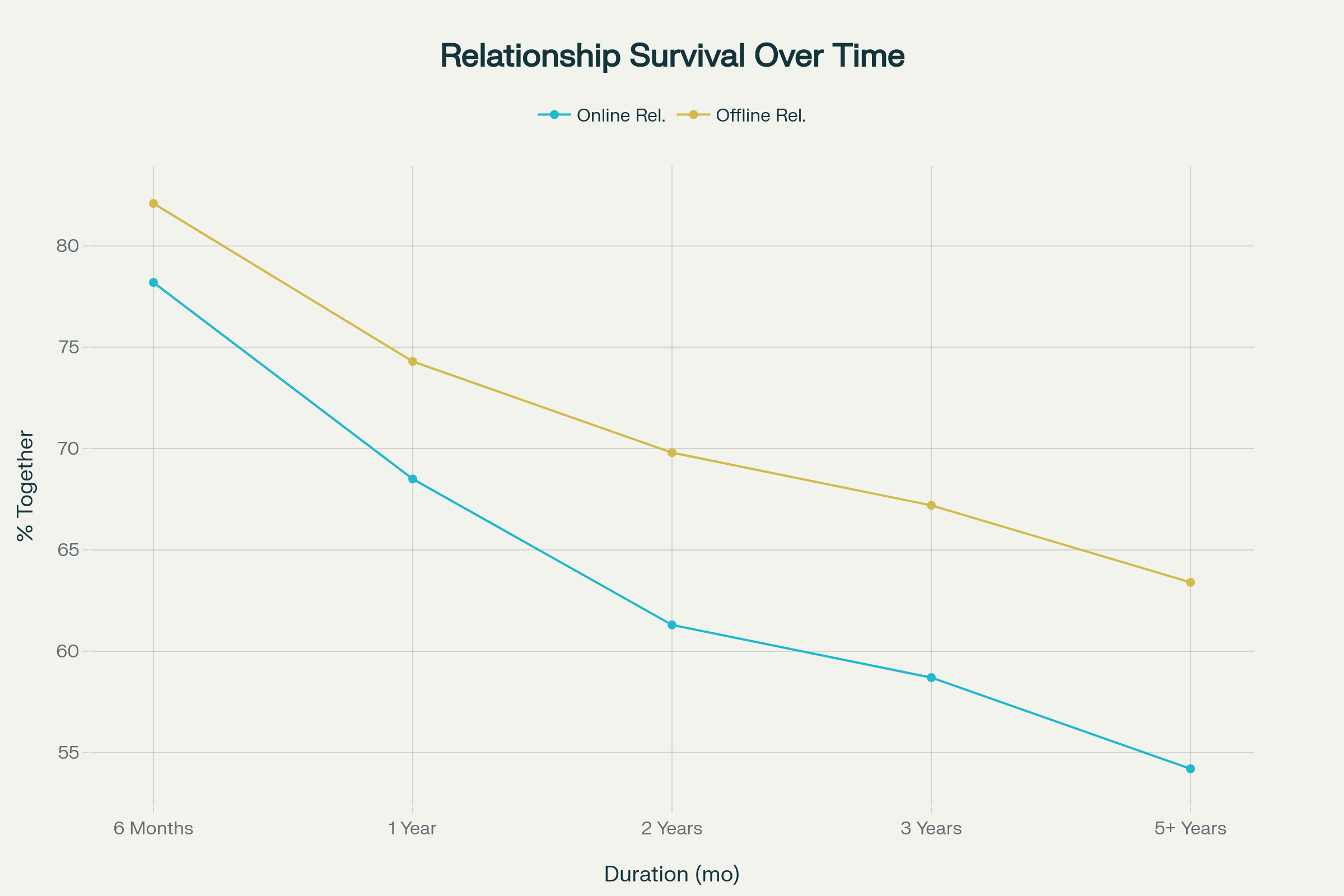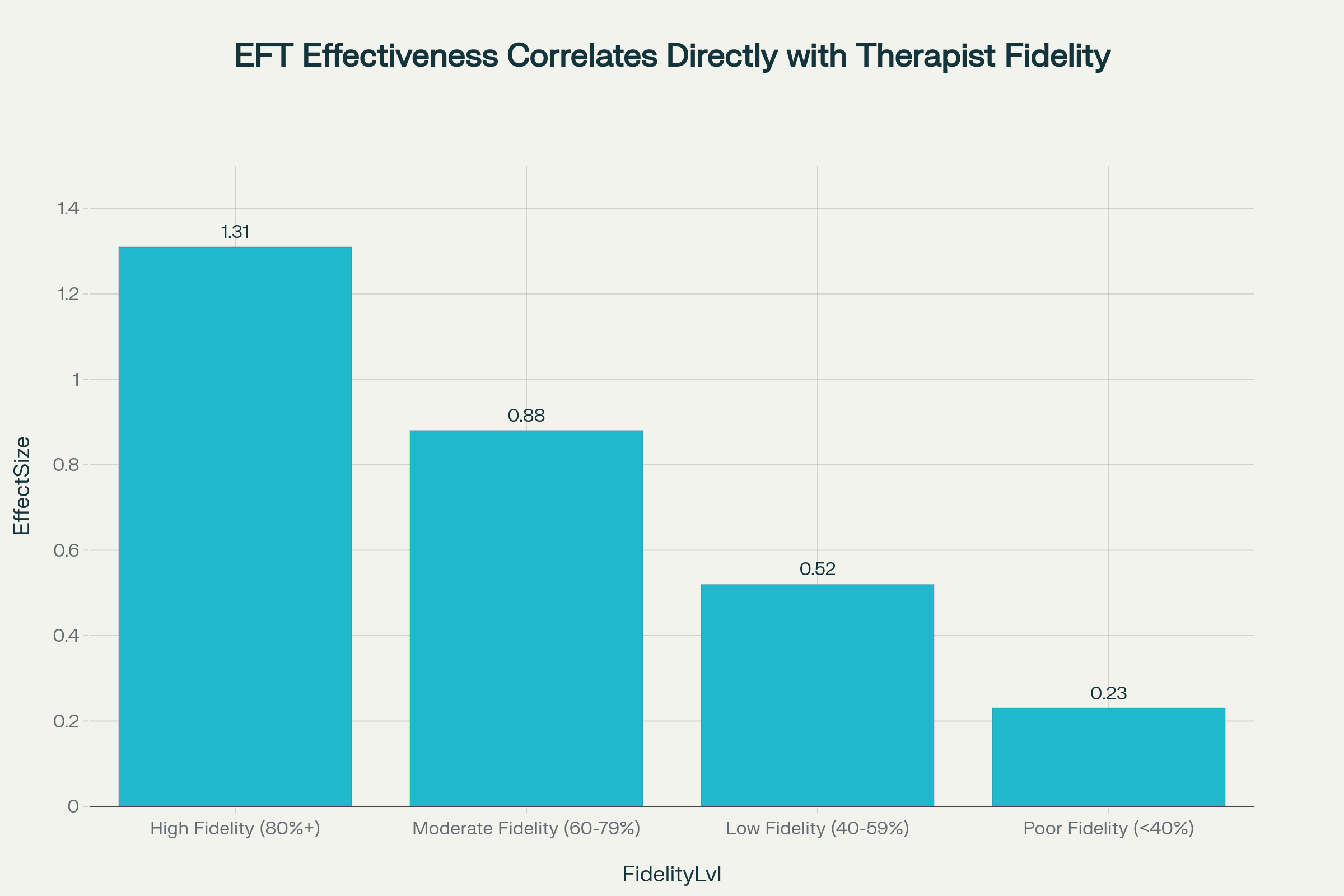Speech act theory provides a powerful framework for analysing how people use language to perform actions, express intentions, and manage relationships. By categorising and interpreting the types and functions of speech acts in conversations, researchers can uncover the underlying intentions, power dynamics, and emotional effects in relationship communication.
Key Components of Speech Act Theory in Relationship Analysis
- Types of Speech Acts: Speech act theory distinguishes between:
- Locutionary acts – the literal meaning of the words
- Illocutionary acts – the speaker’s intention
- Perlocutionary acts – the effect on the listener
- Intentions and Effects: Analysing illocutionary and perlocutionary acts reveals real intentions behind words and their impact on relationships, such as building trust, expressing emotions, or managing conflict.
Applications in Relationship Communication
- Conflict and Cooperation: Speech act theory helps dissect conflict conversations, identifying how different speech acts (e.g., requests, commands, apologies) manage disagreement and emotional exchange.
- Power and Social Dynamics: The theory shows how language asserts, negotiates, or resists power within relationships, exposing discourse power and communication patterns.
- Emotional and Social Functions: Expressive speech acts (like apologies or compliments) are crucial in maintaining or repairing relationships, reflecting intentional strategies for social bonding.
Practical Analysis Approaches
- Coding and Categorisation: Conversations are analysed by classifying speech acts, uncovering patterns and links to interpersonal behaviour.
- Contextual and Cultural Factors: Interpretation of speech acts depends on social context, relationship dynamics, and cultural background, all of which shape meaning and responses.






